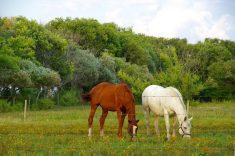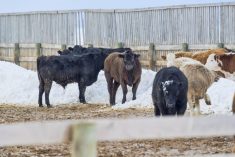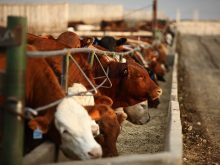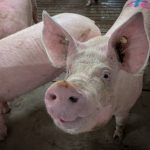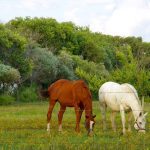In a move which has the province’s horse breeders fearing a meltdown, the Ontario government has told its gaming agency to shut down the Slots for Racetracks program by the end of March next year.
The program, a revenue-sharing agreement in place since 1998 between the Ontario Lottery and Gaming Corp. (OLG), the province’s racetracks and host municipalities, allowed government-operated slot machines to be placed at racetrack facilities.
The program, in which the province’s 18 racetracks get a 20 per cent cut of slots revenue, has provided nearly $3.7 billion to horseracing in Ontario, including an estimated $345 million this year, the government reiterated in a release Monday.
Read Also
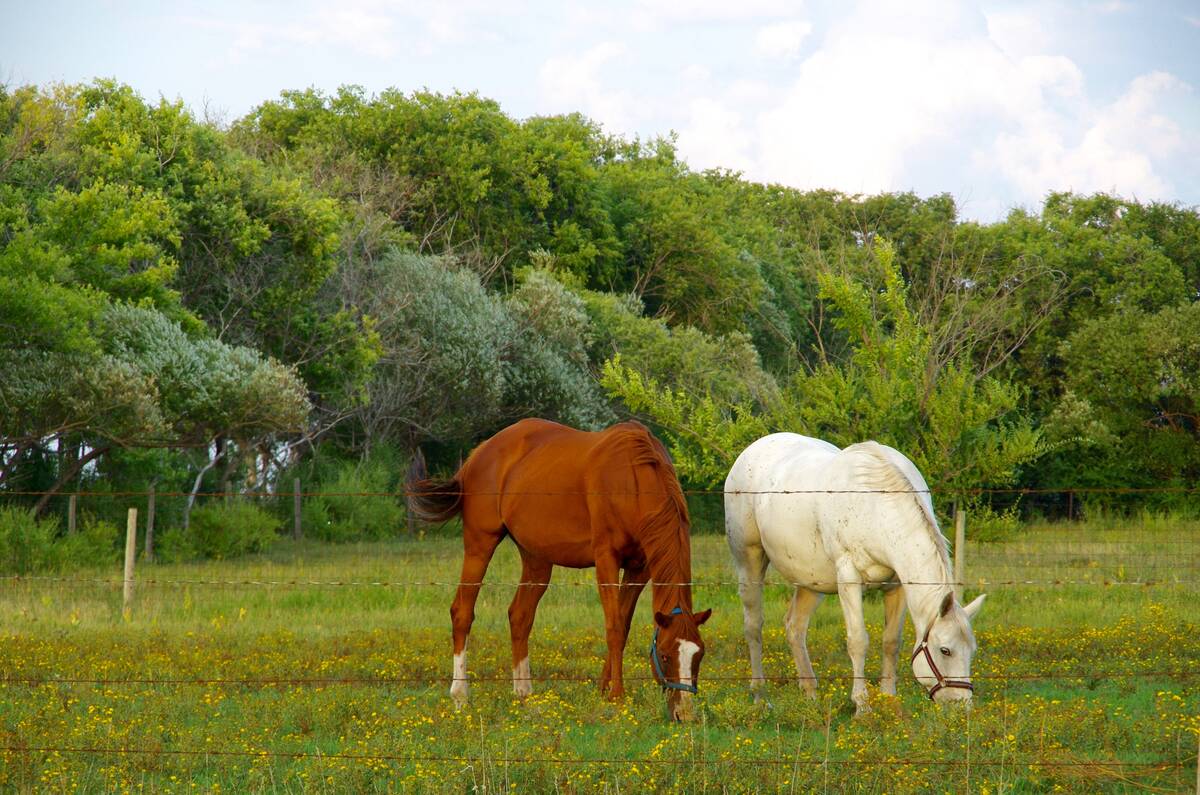
Public opinion wanted on draft equine code of practice
Public consultations on a draft Code of Practice for the Care and Handling of Equines opened on Jan. 12.
The province, which telegraphed this move last month in a list of possible deficit-cutting measures, said it then plans to allow slot machines in Ontario to be "located more strategically."
Given the growth of market share for the internet-based gaming, a higher Canadian dollar and U.S. border communities building their own gaming sites, "our gaming system has to change," the province said Monday.
The move stems from a recent report by OLG to the provincial finance ministry, urging an overhaul of OLG’s gaming business "so that it (can be) better aligned to customer interests."
OLG’s consultations with stakeholders in 2011 found they felt that "the future of gaming should be determined by customers and the market," the agency said Monday, meaning "expansion or closure of (gaming) sites should be decided based on the level of customer interest."
Stakeholders also urged OLG to "take advantage of the expertise of the private sector particularly to reduce the burden of capital investment on the government and the taxpayer."
OLG proposed a new model in which "gaming zones" would be established in the province, where private-sector operators could bid on the rights to work within the zone, while maintaining provincial regulation and OLG oversight.
However, "as long as slots facilities are linked to individual racetracks, OLG is unable to consider alternate locations for gaming sites," OLG said. It added it plans to continue offering slots "at some racetracks where there is customer interest."
"Modernizing OLG’s operations and business model is an example of how we are ensuring our assets are delivering the greatest value to taxpayers," Finance Minister Dwight Duncan said in the province’s release Monday.
"Direct competition"
The provincial horseracing industry body, however, argues that the Slots at Racetracks program generates over $1.1 billion for the provincial government annually, and serves to "offset the negative financial impact slots at racetracks would otherwise have on the racing industry’s bottom line."
Competition from slots and other expansions to Ontario gaming "would further erode the wagering dollar to the point that the industry’s survival would be at serious risk," the Toronto-based Ontario Horse Racing Industry Association (OHRIA) said on a website touting the benefits of the sector and the Slots program.
"The government is looking to reduce the horse racing industry’s revenue share at a time when they are looking to expand their own gaming operations in direct competition with horse racing," OHRIA said.
The association warned that horse racing is also a substantial economic driver for rural Ontario and the "second largest sub-sector of the agricultural economy, exceeding the contributions of wheat, eggs, poultry and hogs in 2010."
The industry also stimulates local economies through goods and services provided by hay and grain growers, transportation workers, harness and saddle makers, blacksmiths and veterinarians, the association said. "For every single horse at the track, there are three on a farm."
Recurring annual expenditures in this part of the equine sector have risen from $1.2 billion in 2000 to $2 billion in 2010, the OHRIA added, noting over 80 per cent of those expenditures are in rural communities.
The annual expenses for an active racing thoroughbred are over $63,000, and over $59,000 for a standardbred, the association said.
The province, however, contends that the $345 million paid to the horseracing sector from the Slots program is more than what’s spent on road safety or water safety, or "enough money to pay for more than two million house calls from doctors, nine million hours of home care or 27,800 hip or knee replacement surgeries."
Related story:
Ont. to sell LCBO HQ, takes aim at horseracing funds, Feb. 13, 2012


